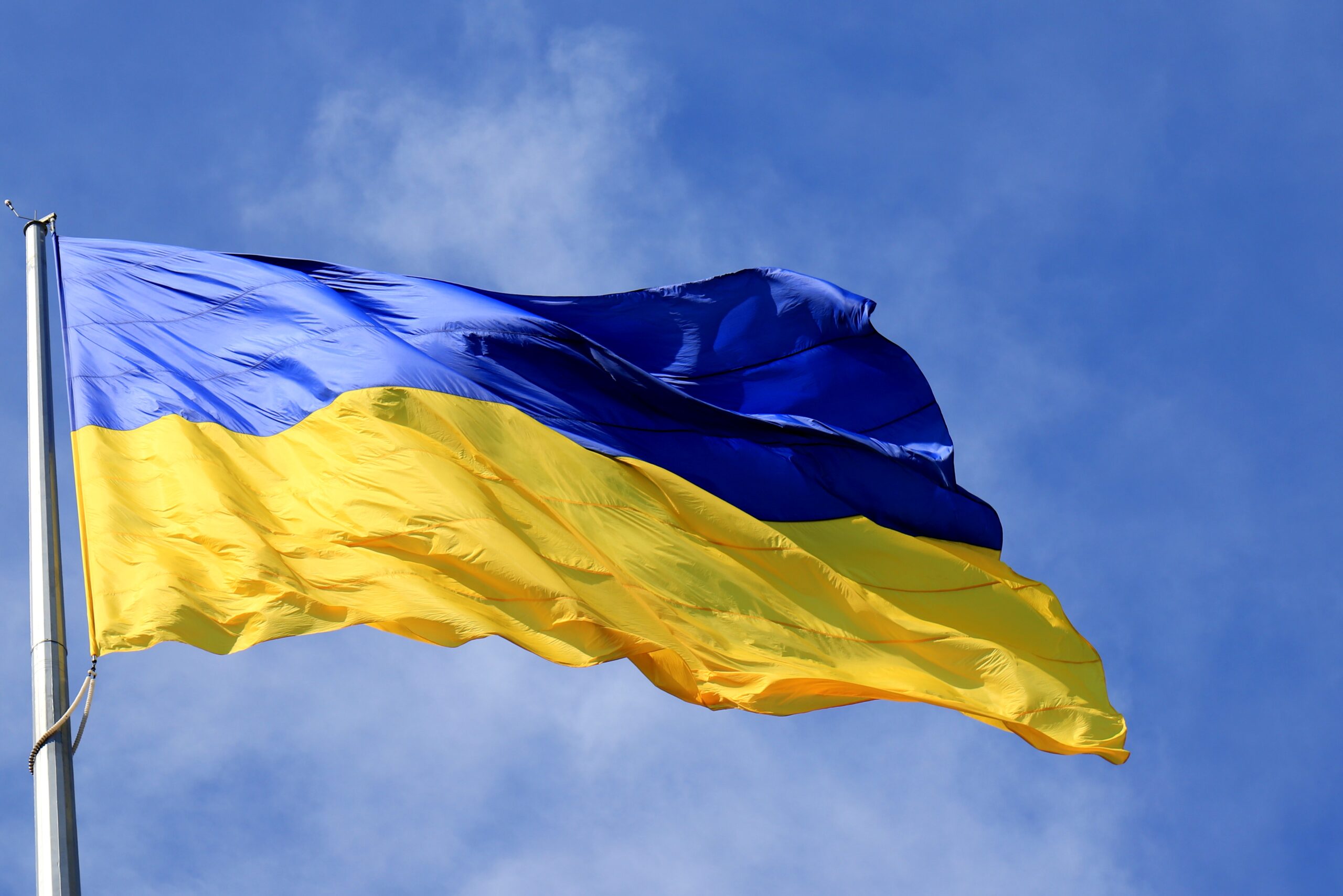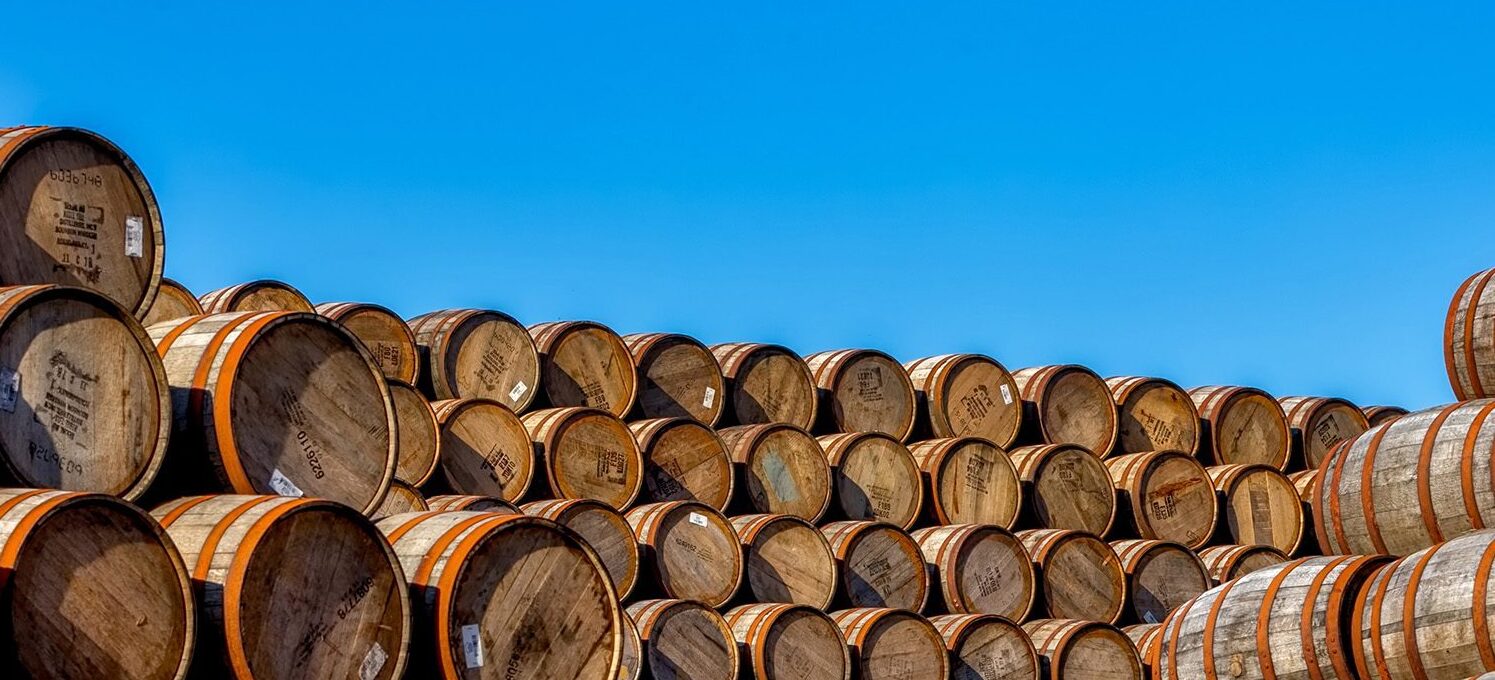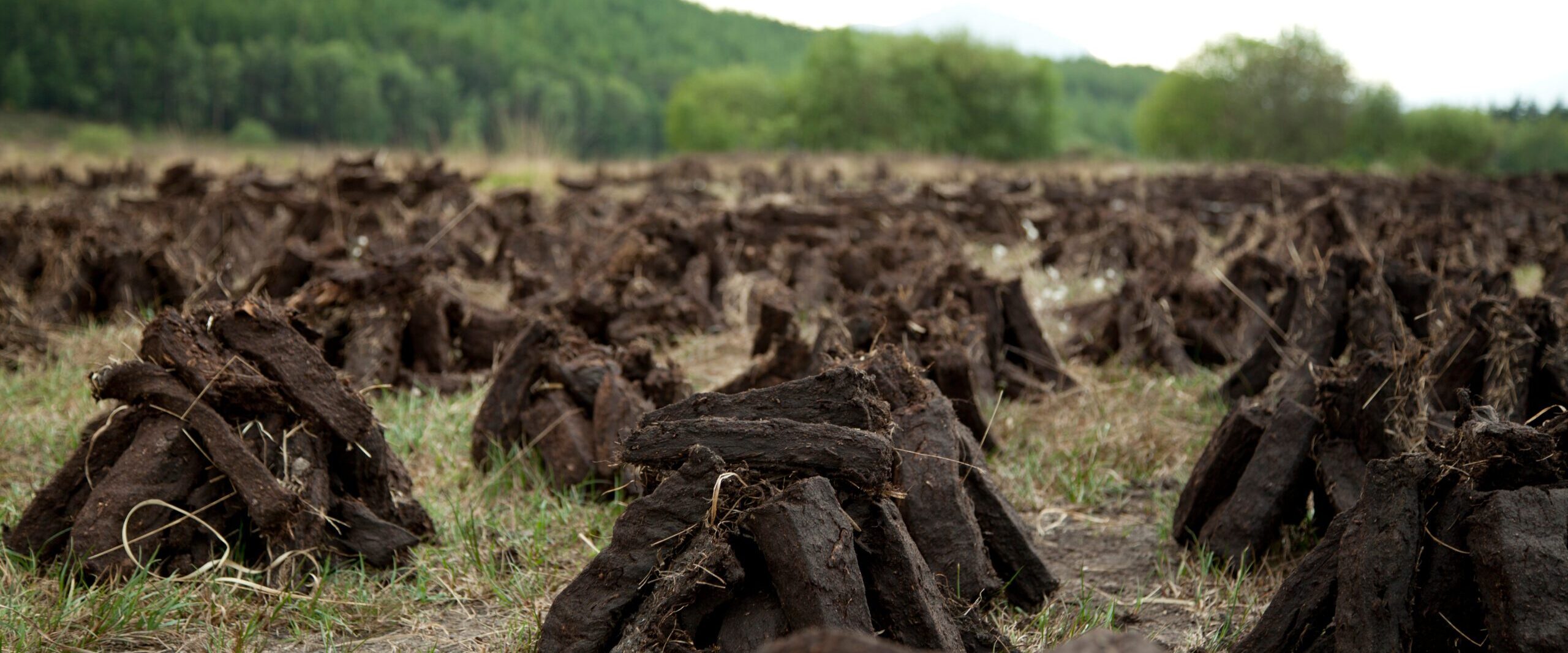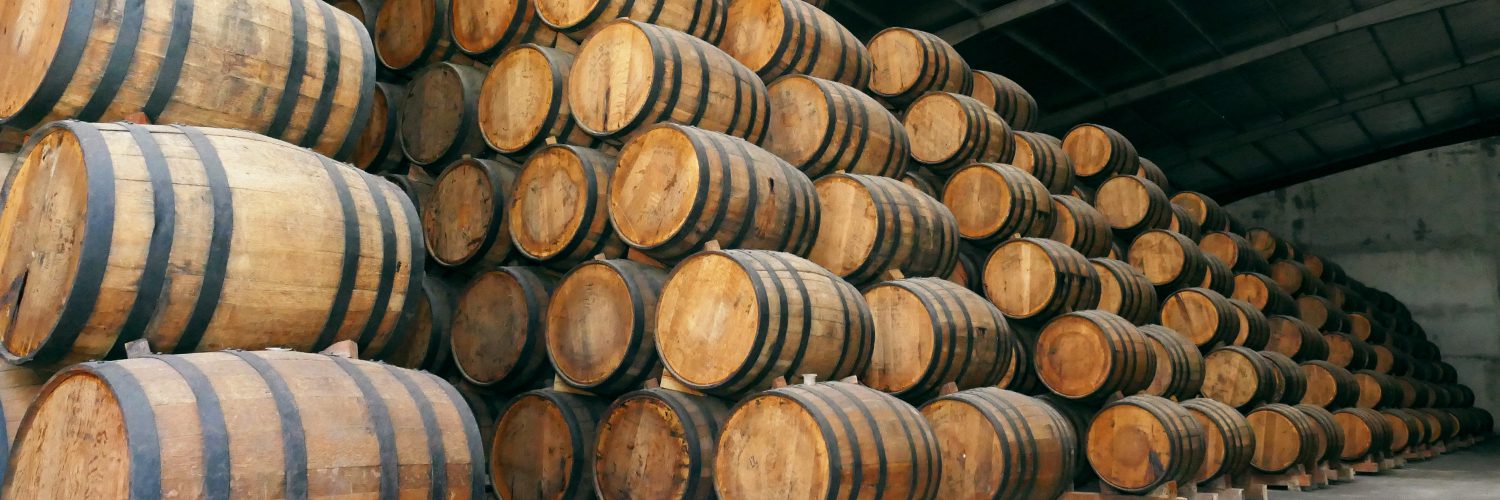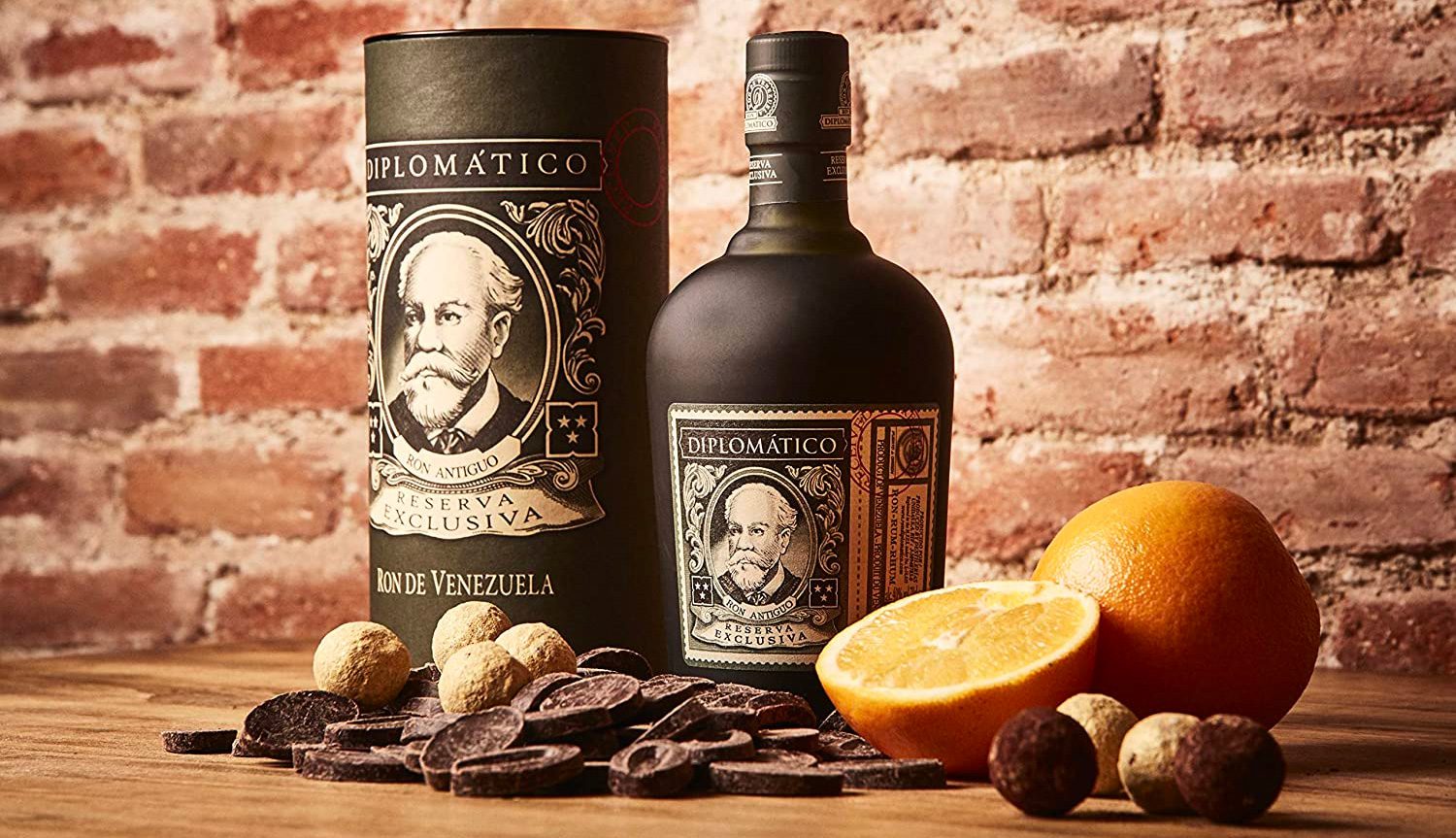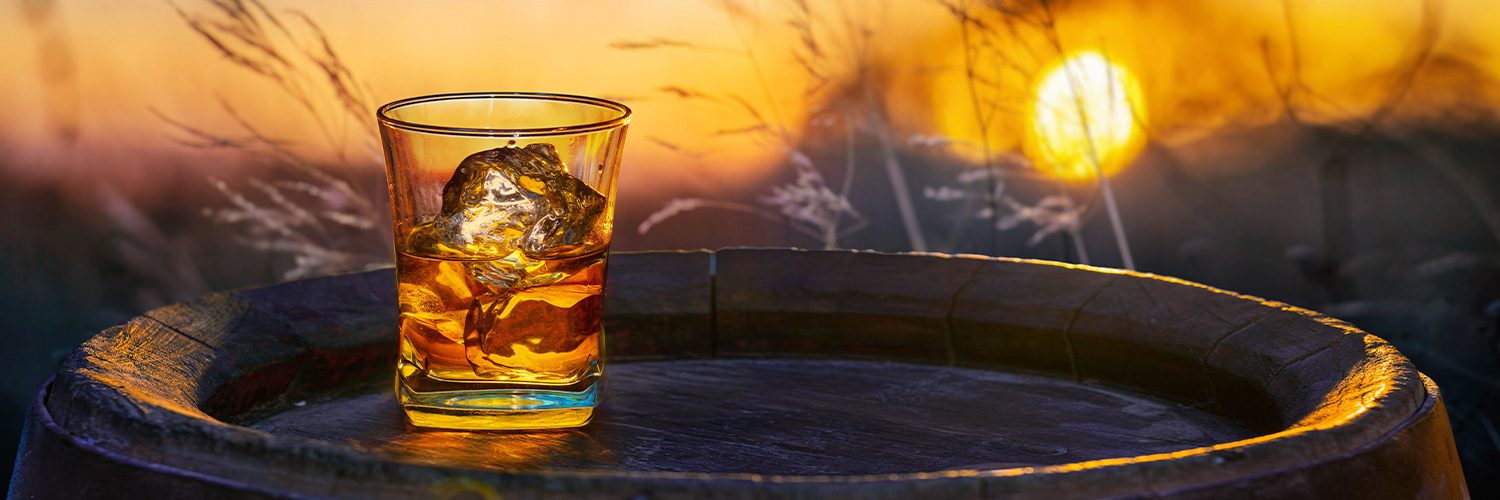This milestone legislation, which celebrated its bicentennial anniversary this year, was introduced for several compelling reasons. Join us on a captivating journey through time as we explore the significance of the Excise Act and its enduring impact on the world-renowned spirit we adore.
 Learn
Learn

In the 17th century, the surging popularity of Scotch Whisky captured the attention of the Scottish Parliament, who sought to capitalise on the emerging industry. In 1644, the first taxes on Scotch were introduced, inadvertently sparking a surge in illicit whisky distillation throughout Scotland.
For the next 150 years, smuggling became the norm. The excisemen, known as gaugers, and the illicit distillers engaged in a relentless game of cat and mouse as resourceful Scots devised increasingly inventive methods to shield their spirits from taxation. Even typically honest members of the clergy resorted to hiding Scotch under the pulpit, while others went to extraordinary lengths, such as transporting the illicit spirit in coffins to evade the watchful eyes of the taxman.
By the 1820s, the situation had reached staggering proportions. Approximately 14,000 illicit stills were being confiscated each year, and more than half of the whisky consumed in Scotland was enjoyed without the taxman receiving his due share. The illicit whisky trade had become deeply ingrained in Scottish society, a testament to the determination and craftiness of the Scottish people in their pursuit of preserving their beloved spirit.
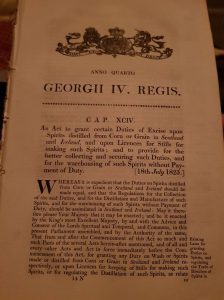
The Whisky Excise Act – 18th July 1823
It was against this backdrop that the Excise Act of 1823 was introduced. This landmark legislation sought to address the rampant illicit trade and establish a legal and regulated framework for the production and distribution of Scotch Whisky. The Excise Act aimed to end the cat and mouse game, providing distillers with a legitimate avenue to operate and ensuring the government’s share of the burgeoning industry’s profits.
With the implementation of the Excise Act, the landscape of Scotch Whisky production transformed. Legal distilleries emerged and flourished, many on the same sites used by smugglers in years prior. The Act enabled the government to levy taxes on whisky production, fostering economic stability and growth in the industry while curbing the illegal activities that had long plagued it.
The Excise Act was a crucial turning point for Scotch, ushering in a new era of regulation and legitimacy. It laid the groundwork for the industry’s ascent to global prominence and established the foundations for the exceptional quality and craftsmanship that defines Scotch Whisky to this day.
As we celebrate the 200th anniversary of the Excise Act, we recognise the extraordinary journey that Scotch Whisky has undertaken. From its humble beginnings as a sought-after spirit that inspired the ingenious evasion tactics of illicit distillers to its current status as a symbol of Scottish heritage and craftsmanship enjoyed around the world, the Excise Act played an instrumental role in shaping the Scotch Whisky into the spirit we know and love today.
Let us raise a glass to the resilience of the Scottish distillers and the enduring legacy of Scotch Whisky.
Sláinte!


